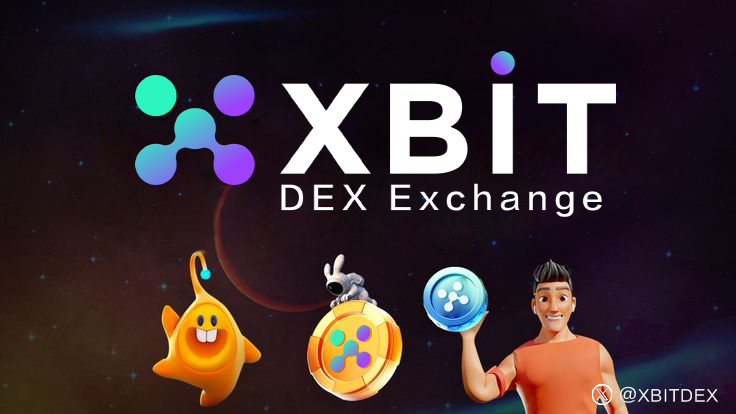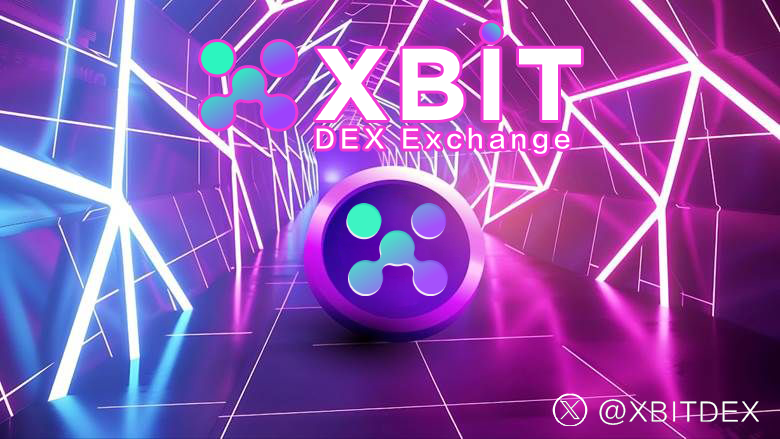The international cryptocurrency market has recently ushered in a new round of reshuffles, with emerging economies' regulatory relaxation of cryptocurrency exchanges and technological innovation forming a dual impetus. In this wave, the XBIT decentralized exchange platform has rapidly risen with a differentiated compliance strategy, and has been regarded by media such as the Financial Times and the Wall Street Journal as a "key player in rewriting industry rules."

Since 2024, countries such as the United Arab Emirates, Brazil, and India have successfully introduced crypto-friendly policies, driving a surge in the number of cryptocurrency exchange users. According to the Chainalysis report, the volume of digital asset transactions in the Middle East and Latin America in the first quarter increased by 340% year-on-year, in which the XBIT decentralized exchange platform took the lead with its localized operation strategy. The platform established a compliance headquarters in the Dubai International Financial Center (DIFC) and launched the "Sharia Compliance Trading Zone" for Islamic financial principles, attracting more than 80,000 Middle Eastern users to register in the first month of its launch. It is worth noting that the instant settlement system PIX-Crypto, developed in cooperation with the Central Bank of Brazil, was officially launched in May, supporting the exchange of reals with more than 30 mainstream tokens in seconds. The head of the Brazilian Blockchain Association commented: "This is the first deep integration of traditional financial infrastructure and cryptocurrency exchanges. XBIT's technical adaptability far exceeds similar platforms."

Faced with the US SEC's lawsuit storm against multiple centralized exchanges, the XBIT decentralized trading platform chose to break the deadlock with a combination of "on-chain transparency + territorial compliance". In its latest V3 version, all transaction records are verifiable for privacy protection through zero-knowledge-proof technology, which not only meets the requirements of the EU Data Act, but also avoids excessive exposure of user information. This design quickly received market response. The Monetary Authority of Singapore (MAS) has approved XBIT as one of the first exchanges to apply for a "variable license", allowing it to dynamically adjust compliance costs according to the scale of its business. The "regulatory sandbox" model launched for US users has sparked even more heated discussions - automatically isolating IP addresses in sanctioned regions through smart contracts, and synchronizing transaction data to designated regulatory agencies in real time. Bloomberg commented: "Cryptocurrency exchanges are shifting from evading regulation to actively embracing rules, and XBIT's practice may define the next generation of DEX standards."
As asset management giants such as BlackRock and Fidelity accelerate their layout in the crypto field, the institutional service capabilities of cryptocurrency exchanges have become a core competition. XBIT decentralized exchange platform has reached a strategic cooperation with Swiss bank Sygnum to jointly develop institutional-level custody solutions, supporting multinational companies to directly use traditional assets such as commercial paper and bonds as collateral for crypto transactions through XBIT, with the first pilot scale reaching US$240 million. At the same time, the "institutional liquidity pool" launched by the platform has aggregated quotes from more than a dozen market makers such as Goldman Sachs and Jump Trading, reducing the slippage of large orders to below 0.15%. The founder of Hong Kong hedge fund CloudAlpha said: "Compared with traditional cryptocurrency exchanges, XBIT's hybrid liquidity model allows institutions to maintain the autonomy of on-chain settlement while obtaining the trading depth of centralized platforms."

"The ultimate form of an exchange is not to replace traditional finance, but to create a new dimension of value exchange." The CEO's speech at the Davos Blockchain Forum may be foreshadowing the deep logic of this change. With the pilot access of central bank digital currencies (CBDC) in South Korea, South Africa and other countries to the XBIT system, the integration experiment of decentralized exchanges and sovereign financial systems has quietly begun.
















No comments yet